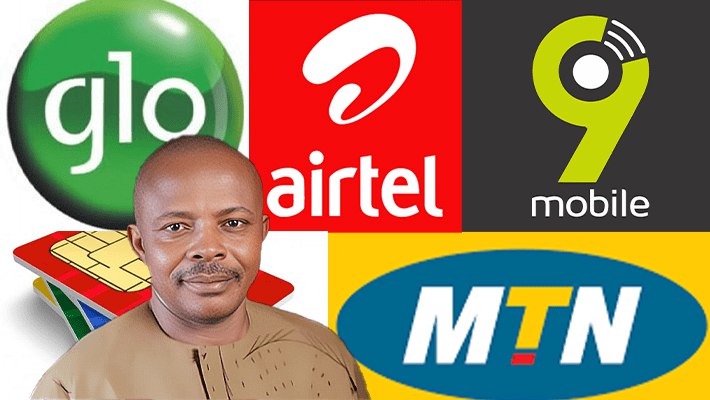The National Association of Telecommunications Subscribers (NATCOMS) has distanced itself from the planned industrial action by the Nigeria Labour Congress (NLC) to protest the recent telecom tariff hike.
NATCOMS President Deolu Ogunbanjo criticized the planned protest, calling it unnecessary and warning that it could send the wrong message to investors.
On Monday, the Nigerian Communications Commission (NCC) announced it had granted telecom operators a tariff hike of up to 50%, in response to rising operational costs. Both NATCOMS and the NLC condemned the hike, arguing that the increase was excessively high.
NLC President Joe Ajaero strongly criticized the 50% increase and urged the NCC and National Assembly to halt its implementation to allow for further discussions. Ajaero proposed that, if the hike was deemed necessary, a more reasonable and gradual increase should be considered.
The NLC has also called for a nationwide rejection of the tariff hike, with plans for collective action, including a potential boycott of telecom services to force a reversal of the increase.
In contrast, Ogunbanjo expressed that the appropriate response to the hike would be to take legal action if negotiations and consultations fail.
He emphasized that NATCOMS does not support the NLC’s call for a strike, stating that such action could discourage investment and negatively affect the business environment.
“We are still in negotiations and have eight days before the tariff hike is implemented in February. We are in talks with the NCC to find a way forward,” Ogunbanjo said.
The NCC, justifying the 50% hike, explained that the increase was necessary to address operational costs and was less than the 100% increase some telecom operators had requested.
The commission stated that its decision was made after extensive consultations with stakeholders in both the public and private sectors.
The NCC further emphasized that the tariff adjustments would allow telecom operators to continue investing in infrastructure, leading to improved services, network quality, customer service, and broader coverage for consumers.


